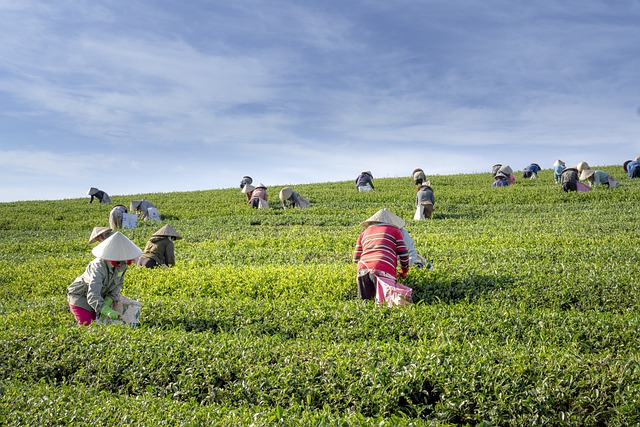COP28: Voices From Indigenous Communities

Although the limelight will be put on all the dignitaries and Heads of State attending COP28, voices from indigenous communities are not given much space. But let’s remind ourselves why including indigenous people in discussions about climate change is crucial:
1) Traditional Ecological Knowledge (TEK): Indigenous communities often possess valuable traditional ecological knowledge, which is the result of centuries of close interaction with the environment. This knowledge can offer unique insights into sustainable practices, natural resource management, and adaptation strategies that can contribute to more effective climate change mitigation and adaptation efforts.
2) Cultural Perspective: Indigenous people have a distinct cultural perspective that emphasizes a deep connection to the land and a holistic approach to environmental stewardship. Incorporating this perspective into climate discussions can lead to a more comprehensive understanding of the complex interrelationships between ecosystems, human societies, and climate.
3) Rights and Justice: Indigenous communities often bear a disproportionate burden of the impacts of climate change, despite contributing minimally to the problem. Recognizing and addressing the rights of indigenous people in climate action is a matter of environmental justice. Inclusive decision-making processes help ensure that policies do not exacerbate existing inequalities and respect the rights of indigenous communities.
4) Biodiversity Conservation: Many indigenous territories are home to diverse ecosystems and species. Involving indigenous people in climate discussions is essential for the conservation of biodiversity, as they often act as stewards of these ecosystems. Indigenous knowledge can help identify and protect critical biodiversity hotspots.
5) Community Resilience: Indigenous communities are often more vulnerable to the impacts of climate change due to their reliance on natural resources for sustenance and livelihoods. Including them in climate discussions allows for the development of strategies that enhance community resilience, drawing on traditional practices that have sustained them for generations.
6) Sustainable Practices: Indigenous societies often prioritize sustainable practices that align with the principles of conservation and environmental protection. Learning from and integrating these practices into broader climate change strategies can contribute to more sustainable and resilient solutions.
7) Partnership and Collaboration: Climate change is a global challenge that requires collaboration across borders and sectors. Engaging with indigenous people fosters partnerships that can enhance the effectiveness of climate action by combining scientific knowledge with traditional wisdom.
8) Global Perspective: Indigenous communities are found in diverse ecosystems around the world. Involving them in climate discussions ensures a more global and inclusive perspective, recognizing that climate change impacts vary across regions and cultures.
In summary, including indigenous people in climate change discussions is not just an ethical imperative; it is a practical necessity for developing comprehensive and effective strategies that address the complex and interconnected challenges posed by climate change.

Leave a Reply